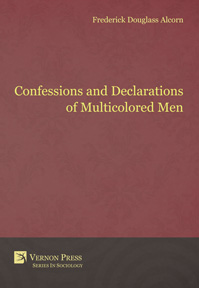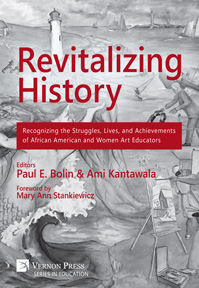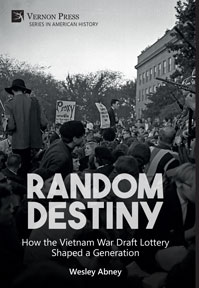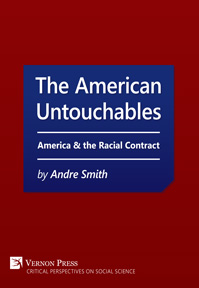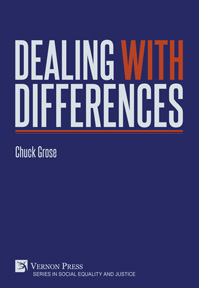Perplexing Patriarchies: Fatherhood Among Black Opponents and White Defenders of Slavery
by Pierre Islam (Yale University)
Purchase this book
(click here to change currency)
Perplexing Patriarchies examines the rhetorical usage (and lived experience) of fatherhood among three African American abolitionists and three of their white proslavery opponents in the United States during the nineteenth century. Both the prominent abolitionists (Frederick Douglass, Martin Delany, and Henry Garnet), as well as the prominent proslavery advocates (Henry Hammond, George Fitzhugh, and Richard Dabney), appealed to the popular image of the father, husband, and head of household in order to attack or justify slavery.
How and why could these opposing individuals rely on appeals to the same ideal of fatherhood to come to completely different and opposing conclusions? This book strives to find the answer by first acknowledging that both the abolitionists and the proslavery men shared similar concerns about the contested status of fatherhood in the nineteenth century. However, due to subtle differences in their starting assumptions, and different choices of what parts of a father’s responsibilities to emphasize, the black abolitionists conceived of an ideal father who protected the autonomy of his dependents, while the proslavery men conceived of one whose authority necessitated the subordination of those he protected.
Finding that these differences arose from choices in starting assumptions and emphases rather than total disagreement on what the role of the father should be, this work reveals that black abolitionists were not radically critiquing the gender conventions of their day, but innovatively working within those conventions to turn them towards social reform. This discovery opens up a new way for historians to consider how oppressed peoples negotiated the intellectual boundaries of the societies which oppressed them: Not necessarily breaking entirely from those boundaries, nor passively accepting them, but ingeniously synthesizing a worldview from within their confines that still allowed for freedom and personal autonomy.
Acknowledgements
Introduction
Chapter 1 “Protecting the Family Altar”: Paternal Authority in the Home
Chapter 2 “A Putrid Mass”: Paternal Authority and Society
Chapter 3 “Pleading the Cause”: Proslavery and Antislavery Portrayals of Fatherhood
Chapter 4 “My Own Blood”: Abolitionist and Proslavery Performances of Fatherhood
Chapter 5 Reconstructing Patriarchy
Conclusion
Bibliography
Index
Pierre Islam received his B.A. in History from the Johns Hopkins University in 2009 and his Ph.D. in American History from Yale University in May 2018. Having studied African American intellectual history since the early days of his undergraduate career, he has spent the last several years immersed in the archives of the Library of Congress, the University of Virginia, and Duke University studying primary source material in order to ascertain the contours of black intellectual and political life in the nineteenth century.
Manliness, gender roles, abolitionism, separate spheres, domesticity, family life, manhood, paternalism, childhood, race, racism, race relations, market revolution
See also
Bibliographic Information
Book Title
Perplexing Patriarchies: Fatherhood Among Black Opponents and White Defenders of Slavery
ISBN
978-1-62273-666-9
Edition
1st
Number of pages
190
Physical size
236mm x 160mm

![Perplexing Patriarchies: Fatherhood Among Black Opponents and White Defenders of Slavery [Paperback]](/file/8271/6c035928b3f9f0033ce41605c9b33d77/1553249091.jpg)


